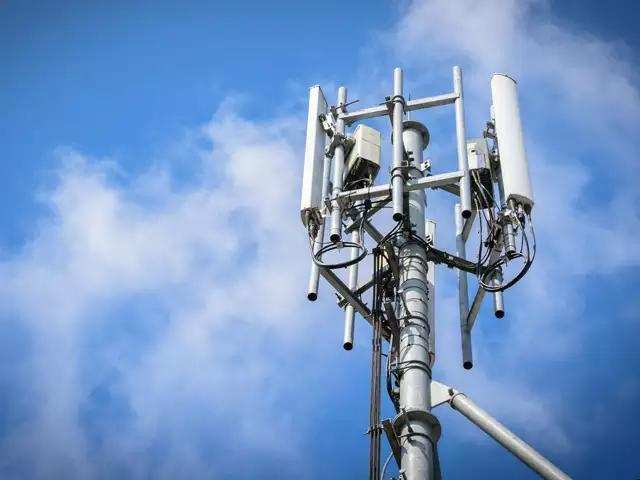
NEW DELHI: Himachal Futuristic Communications Limited (HFCL) said that the second generation (2G) GSM technology is well suited for uncovered regions in the absence of broadband backhaul, and the company has not received any purchase order (PO) despite the government’s approval way back in September 2017.
“Tender had asked for the 2G GSMnetwork. This is a proven technology and in use worldwide. In uncovered villages where the population is low and broadband, backhaul is not available, and this is the most optimal solution presently,” HFCL promoter and managing director Mahendra Nahata told ETTelecom.
Bharat Sanchar Nigam Limited (BSNL) had selected Delhi-based HFCL to deploy, operate and maintain 924 telecom towers in the two Assam districts— Karbi Anglongand Dima Hasao at a cost of Rs 579.36 crores while the Gurgaon-based Vihaan Networks Limited (VNL) was asked to install 1,893 towers in Arunachal Pradesh, after the two emerged as lowest bidders in June 2014.
With the Narendra Modi-led NDA government completing its five-year term in May this year, the ambitious initiative is nowhere to even kick-start and marred with controversy sorrounding hoopla around deployment of ‘antiquated technology’ which the state-run telco and its two partners strongly denied.
The state-owned telco has been mandated to put up telecom infrastructure with 2,817 towers at an expense of Rs 1,460 crore in the rough terrain of Assam and Arunachal Pradesh under the Comprehensive Telecom Development Plan for the North-Eastern Region (NER).
HFCL's top executive added that despite the project was put on priority, the purchase order has not been issued against the tender so far for ‘unknown’ reasons.
“We have not received the purchase order so far. Funds are generally allocated before the tender is announced,” Nahata said, adding that the company has already written letters to BSNL to expedite the order.
Earlier, VNL founder-chairman Rajiv Mehrotra said that the “vested interests” were unfairly targeting India’s homegrown equipment manufacturing companies by spreading falsehood to derail the project which was vital for connectivity in the Northeast region.
The program was, however, scheduled to be completed within the 18 months from the actual date of the release of purchase order.
No comments:
Post a Comment